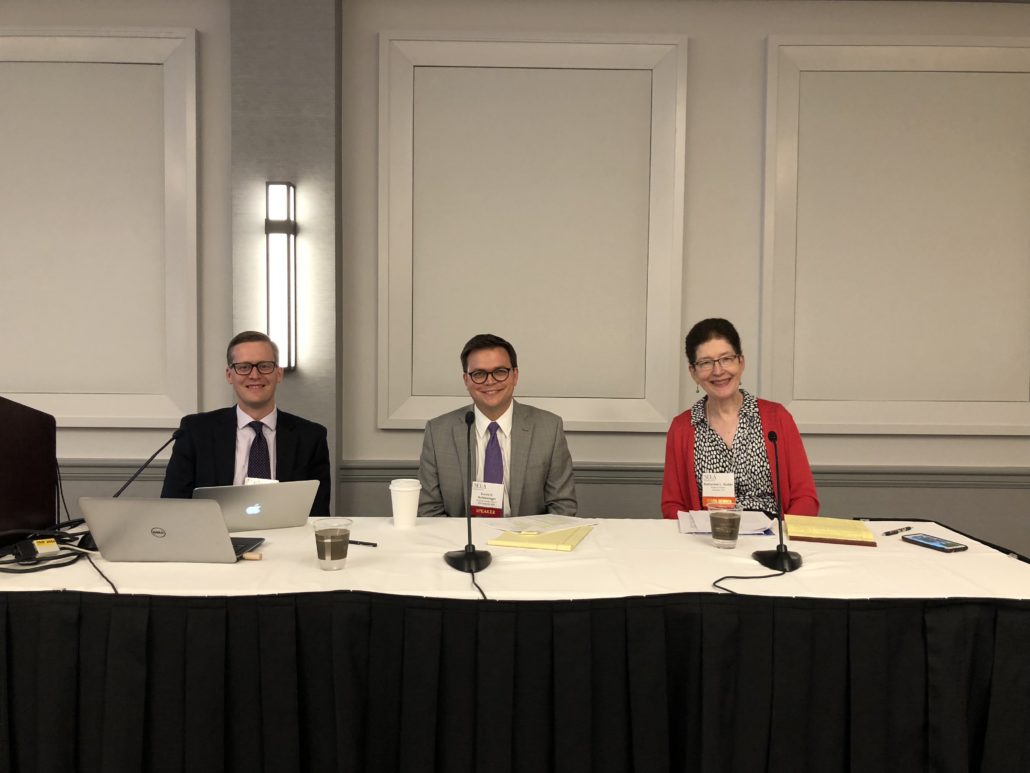On May 13, 2020, Minnesota Governor Tim Walz issued Executive Order 20-54, in response to the COVID-19 pandemic crisis. Among other things, the Governor’s executive order provides rights to Minnesota employees that all workers should be aware of.
First, the executive order prohibits employers from discriminating or retaliating against employees who ask their employers questions or expresses concerns about COVID-19 (the Coronavirus), or their health and safety regarding the virus outbreak.
Second, the executive order generally prohibits employers from discriminating or retaliating against employees who wear gloves, cloth, eye protection, or other protective gear in the course of their work.
Third, the executive order gives employees the right to refuse to work under conditions that they, in good faith, reasonably believe pose an imminent danger of death or serious bodily harm.
Fourth, the executive order gives employees the right to request the Minnesota Department of Labor and Industry (“DLI”) conduct an inspection of their workplace if they suspect a COVID-19 threat to health and/or safety is present.
Lastly, the executive order gives employees the right to seek reasonable accommodations related to COVID-19, including the ability to work from home, if possible.
All of these protections contain important caveats, so if you have questions about Executive Order 20-54, or COVID-19 at work, you should contact an experienced employment lawyer.
If you are an employee who has experienced difficult circumstances with your employer related to COVID-19, we are here to help. Please contact Teske, Katz, Kitzer, and Rochel, PLLP. We advocate on behalf of employees facing discrimination, retaliation, and whistleblower related issues in the workplace.

